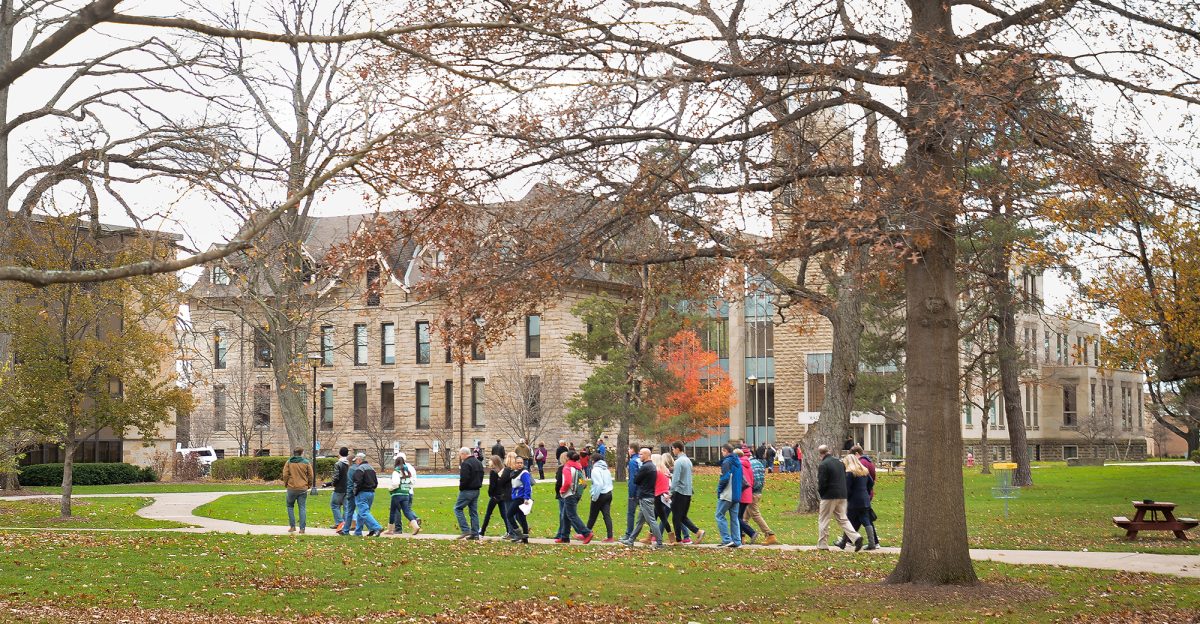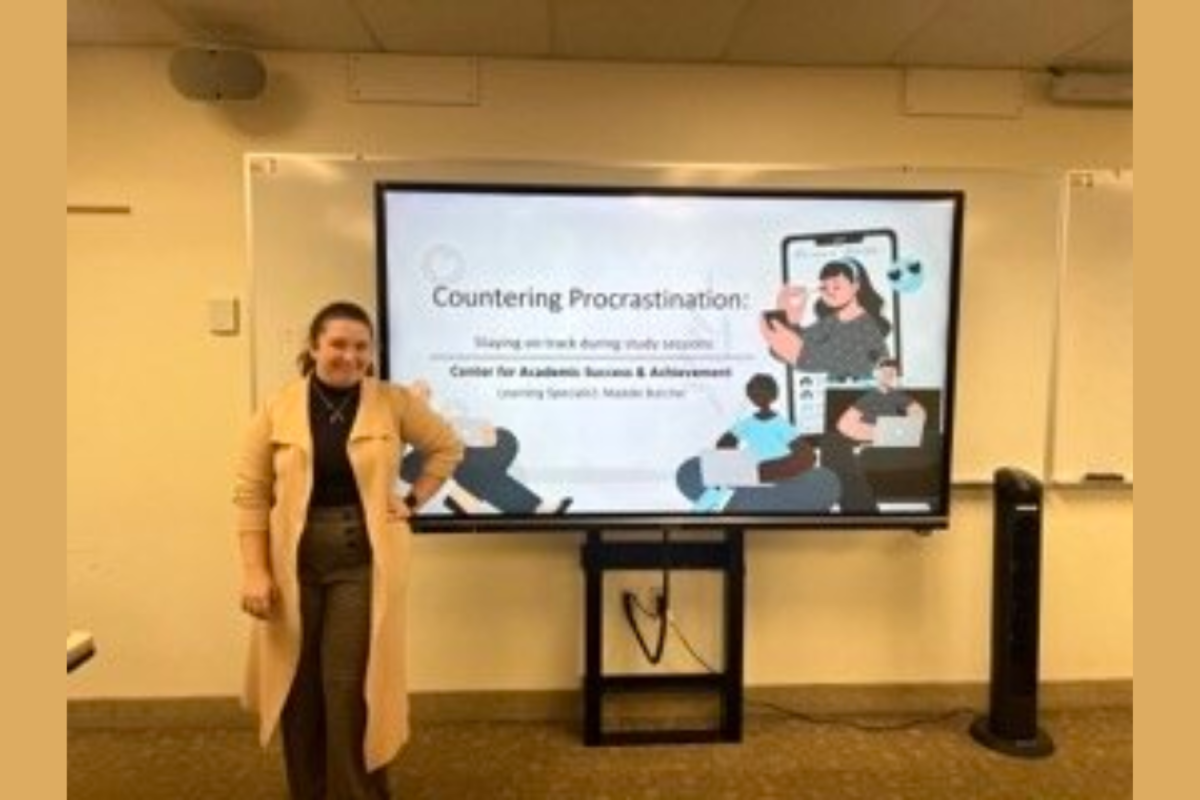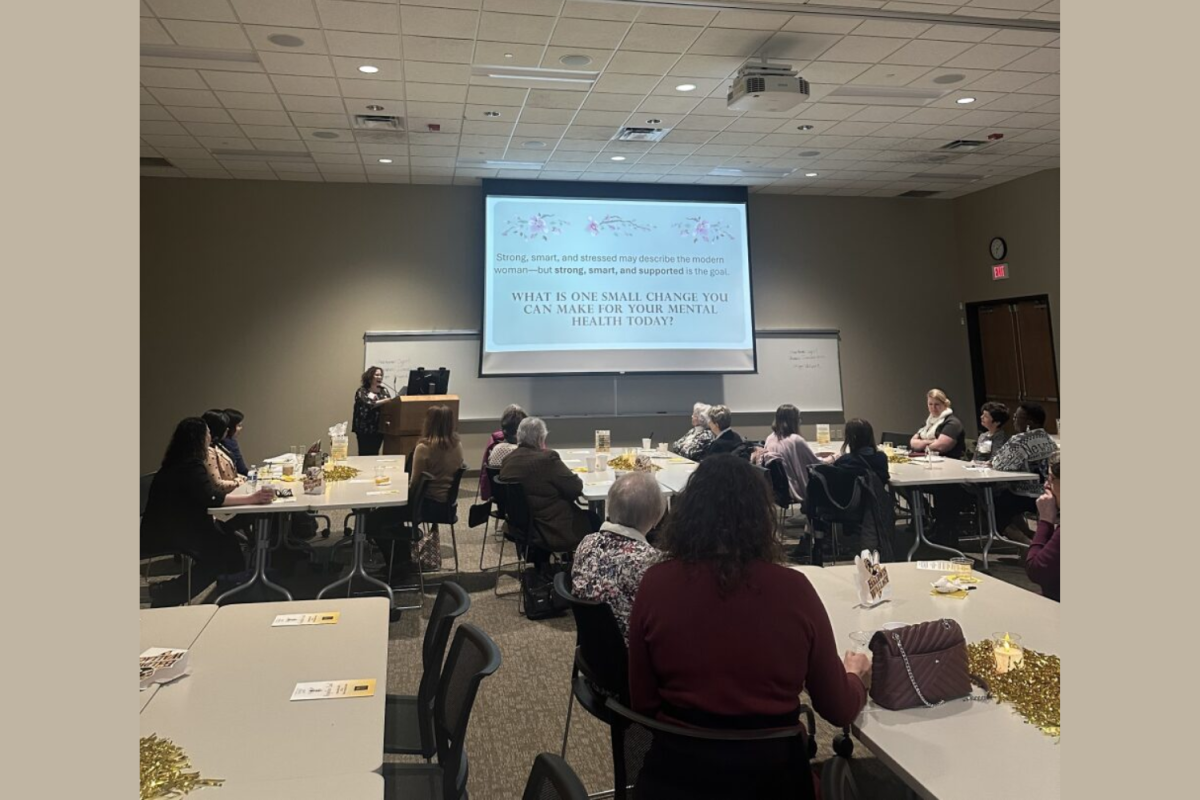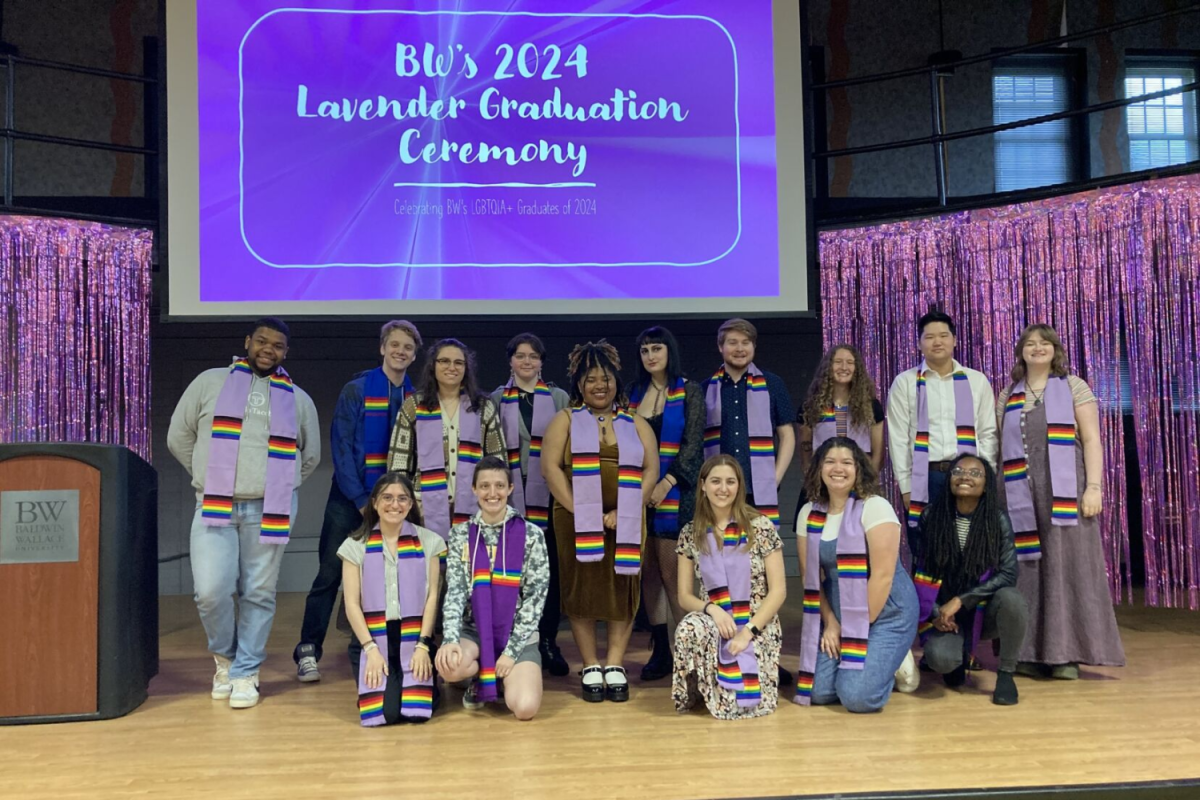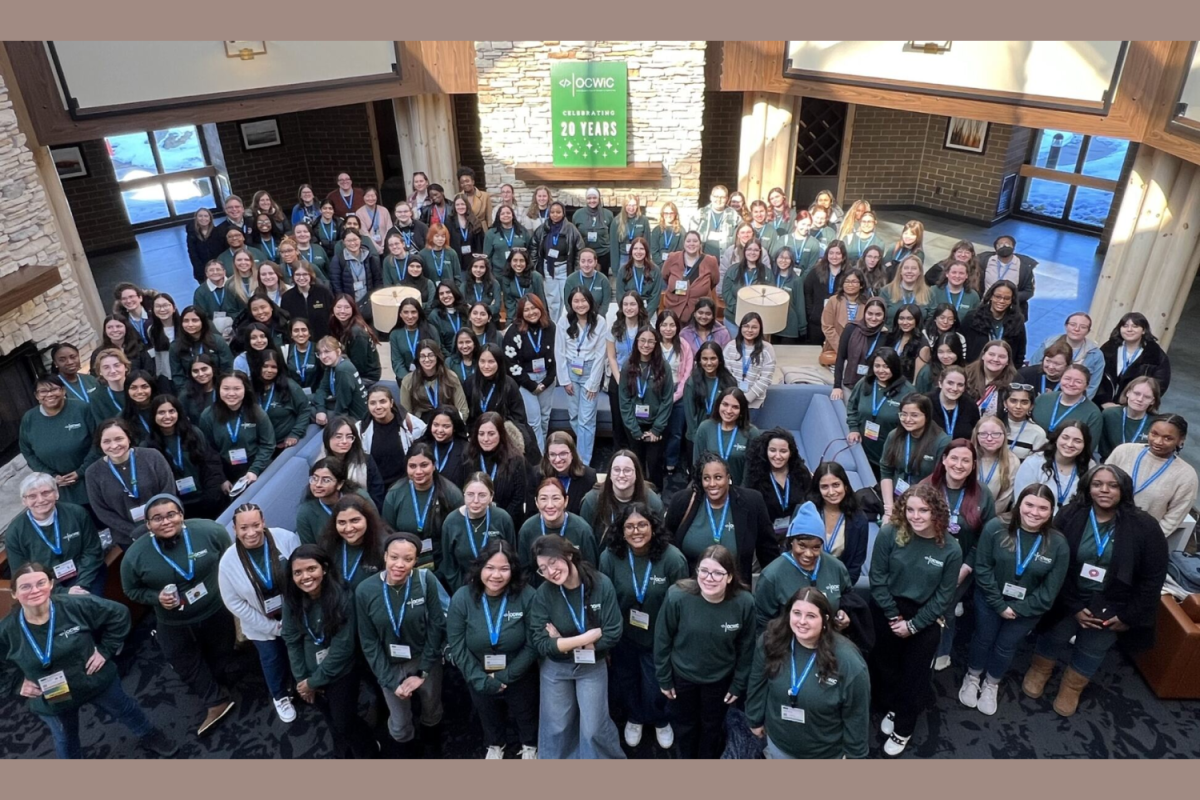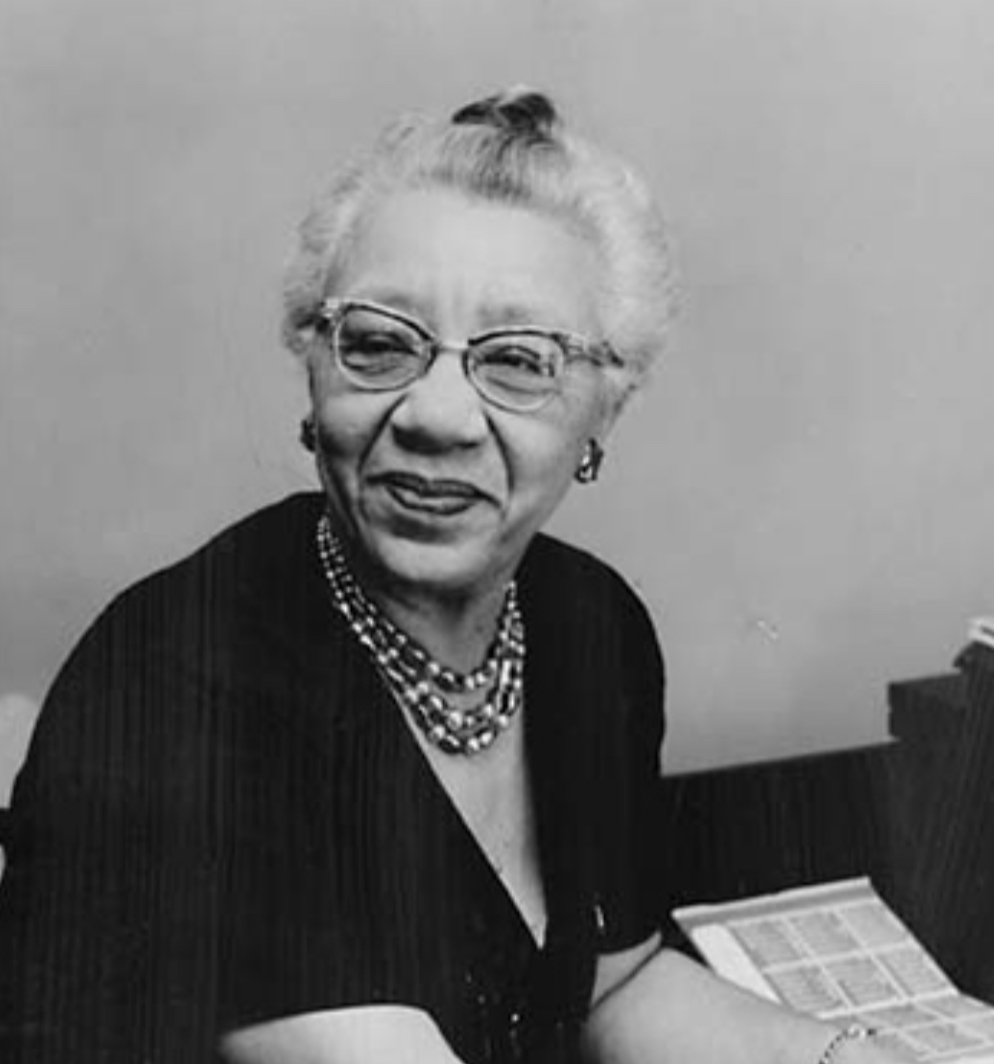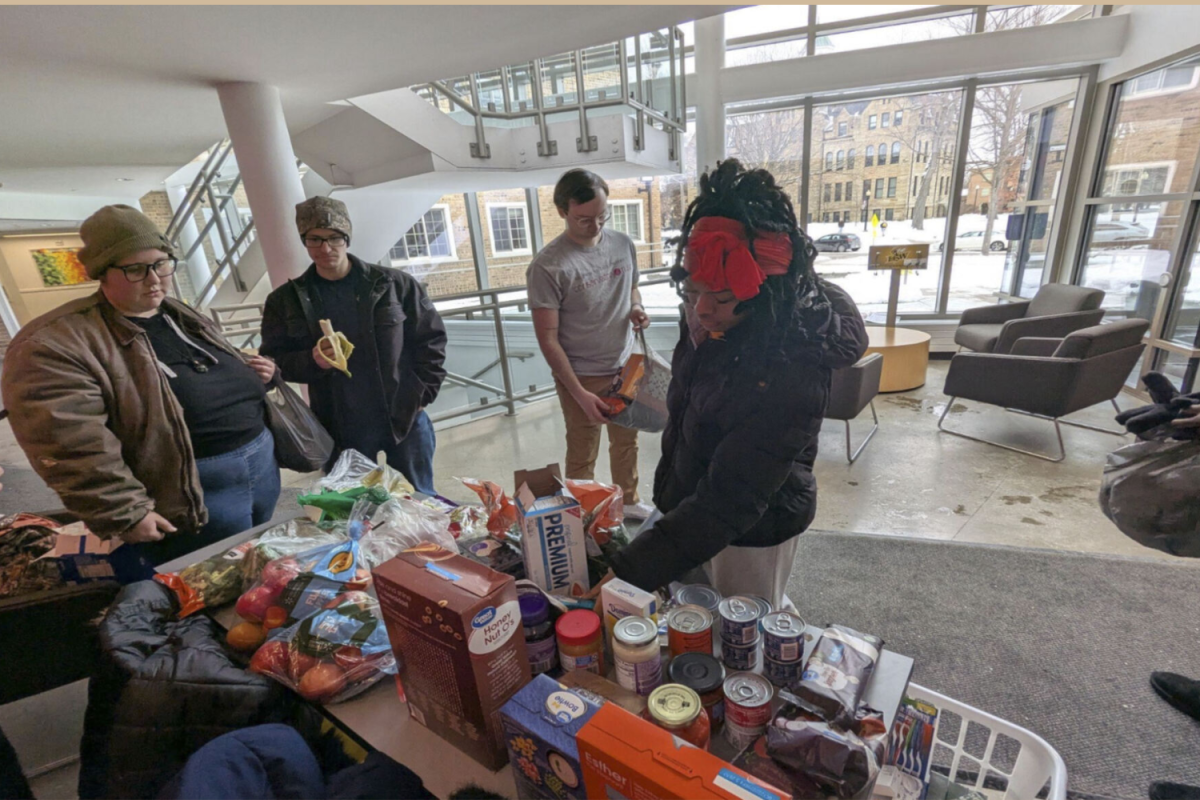The Center for Academic Success and Achievement [CASA] at Baldwin Wallace University held a seminar to help students combat procrastination tendencies.
Procrastination, something many students claim to struggle with, was the primary reason why CASA held a “Countering Procrastination” Success Seminar on Wednesday, Nov. 6, 2024.
Maddie Butcher, the Learning Specialist at CASA said that by focusing on the ways and reasons why students procrastinate, the seminar was meant to introduce tactics to prevent procrastination before it begins.
Butcher was the one to facilitate the hour-long seminar. During this time, she talked about normalizing procrastination, as well as the three steps to combating it.
The first step titled “Identify the ‘If,’” involves a student recognizing if they procrastinate at all, and what sort of things students might do to procrastinate, such as cleaning, talking with friends, or playing video games.
Butcher described this step as identifying “if we do these things.” This step is important to begin stopping procrastination habits—to prevent them, students must first recognize them.
“It’s just as simple as, when they leave they’ve now identified something they do to procrastinate,” Butcher said.
The second step, “Identifying the Why,” challenges students to identify the reasons why they might procrastinate.
There were several reasons and excuses that Butcher mentioned in presentation, including physical reasons, lack of motivation, rationalizations like “I work better under pressure,” and inertia, or the inability to get started.
By recognizing the reasons why one procrastinates, students can begin to change these negative mindsets into more positive ones. One of the exercises done during the seminar was taking an excuse, such as “I work better under pressure,” and reworking it into a phrase that will acknowledge both procrastination and a need to be productive. An example of this could be: “The work I do under pressure might be done efficiently, but it is not my best work.”
The third and final step, “Countering Procrastination Behaviors,” focused on was how to stop, or at least cut back on, procrastination. One of the major points that Butcher made during this section was the importance of putting “rip chords” into place.
“One of the big things that has resonated with people in the past is the idea of a ‘rip cord,’” Butcher said. “Think of a parachute: when you jump out of a plane you have your parachute, and you pull it. It’s establishing things to avoid procrastination before it even happens.”
While this tactic works for some students, it is not the only thing that students use to combat procrastination. One tactic that BW junior computer science major, Larry Prochko, uses is timers.
“The timers give you a little break,” Prochko said. “You can grind really hard for 25 minutes and then take a five-minute break, then do it again. Then after four sets you get 15 minutes off.”
Other tips for countering procrastination can be found by visiting CASA, on the second floor of Ritter Library.





